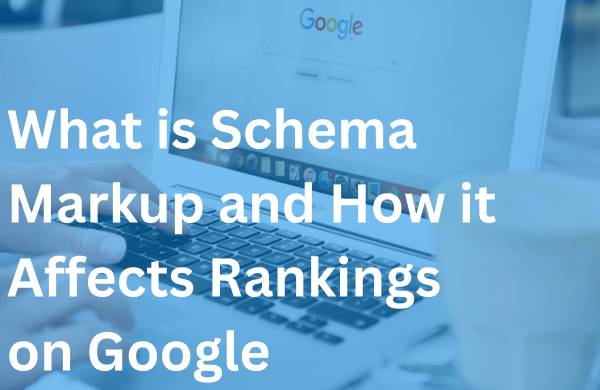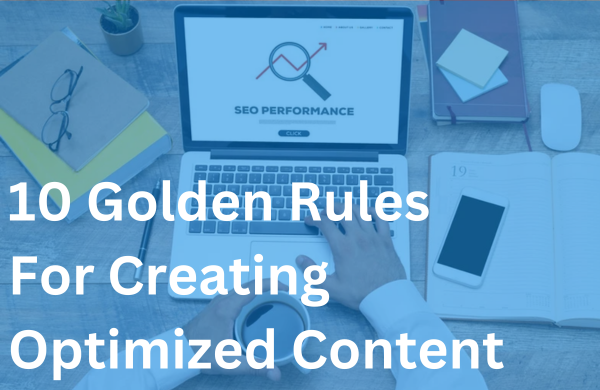Google Ads is a paid advertising effort that allows businesses to display any type of ad across Google search results and other Google partner websites. It can be an insanely powerful tool.
However, there’s a right way to do Google Ads. Beginners could encounter an abundance of errors including narrow targeting, poor bidding strategies, a lack of keyword search volume, and more.
Fortunately, there is a way to ensure your Google Ads campaign will be effective. It’s called a Google Ads optimization score. It scores your ad based on key performance metrics, keywords, link destinations, and more.
If you want the best performance possible on your Google Ad campaign, consider hiring an agency, like Brillity Digital, who are experts in the field. Yeah, we’re calling ourselves the experts here!
Understanding Google Ads Optimization
Google Ads uses the optimization score features to help rate your ad based on your account settings. Once evaluating your score, it also identifies the best ways to make your ad more effective. It uses past performance and predictive modeling to make recommendations that improve campaign results.
The AdWords optimization AI will account for real-time changes and update your score immediately. For example, if you change a keyword, it will increase or lower your score accordingly. Which allows you to make changes incrementally before moving forward with a massive overhaul.
However, Google Ads’ recommended optimizations are not always right. A good way to verify further is through A/B testing or by asking a marketing agency that offers Google Ads campaigns.
Difference Between Google Ads Quality Score And Optimization Score
Marketers will encounter two scoring systems that determine Google Ads’ best practices: the quality score and the optimization score. They both provide insights that will help you improve your ad, but they are not the same.
The quality score compares your ads to other advertiser ads in your industry. It ensures you are using relevant keywords and providing a strong landing page experience.
The optimization score is an estimate of how well your campaign will perform. Which is based on how many Google Ads best practices you are using in your campaign.
How Google Calculates Optimization Score
The Google Optimization score is based on six main factors as follows:
- Overall account performance: Google’s AI looks at your past performance and predicts the practices that will have the best outcomes.
- Account Settings: Google will consider your account settings to determine a structure and theme that yields conversions. Fill out your profile accurately and update categories to ensure the AI ‘gets’ your company.
- Account and Campaign Status: The tool will only make suggestions for active campaigns.
- Recommendation Impact: Google will rank suggestions based on how much it thinks they will impact your campaign’s performance.
- History of Recommendations: The tool will consider previously made recommendations to guide current campaigns.
- Industry Trends: Google Ads Optimization integrates Google Trends data to ensure your campaign is in line with the latest industry trends.
Strategies For Increasing Optimization Score In Google Ads
Google will provide tips that help you optimize your campaign, but in some instances, you may find the changes are barely raising your score.
The following practices should yield some powerful improvements. They will also help you determine which suggestions are right for you.
- Keep Track of KPIs: You can set alerts to track important metrics across your campaign. They will alert you when stats are falling so you can take immediate action to improve your ad. Focus on metrics like number of conversions, cost per conversion, and ROAS.
- Implement a Smart Keyword Strategy: Avoid using duplicate keywords that cause internal competition. Add new keywords including longtail search queries to boost campaign performance. Include negative keywords that you don’t want your ad to track for.
- Audit Regularly: Continue auditing your ad as it runs. Check for duplicate keywords, resolve conflicts, and optimize ad extensions to provide additional information.
- Utilize A/B Testing: A/B testing will help you determine which ad elements are boosting conversions and which are not as effective. Utilize the elements that work in future ads. Pause ads that aren’t performing as well to use your budget efficiently.
- Allocate Budget Accordingly: Balance budgets between your campaigns to ensure optimal performance across the board. Dedicate higher budgets to high-performing campaigns.
- Use Google Analytics: Connect your Google Ads account to your Google Analytics account to optimize Google Ads. Your analytics will tell you which audiences have the highest conversion rates and you can then tweak your campaign to target those people.
- Integrate Remarketing: Remarketing Lists for Search Ads (RLSAs) allow you to remarket to people who have previously visited your site. They ensure your ad will reach consumers who have never encountered your company as well as those who are already familiar with it.
Looking for a Google Ads Agency?
A Google Ads campaign is an extremely powerful tool – when you’re doing it right.
And while a Google Ads optimization score provides valuable insights, your ads will yield the best results when combined with the right insight. And that’s where Brillity Digital comes in.Our agency is no stranger to Google Ads, in fact, we spend every day on the Google Ads platform. Contact us to learn how we can ensure you make the most out of your Google Ad spend.





